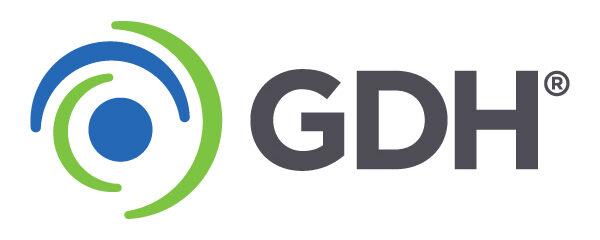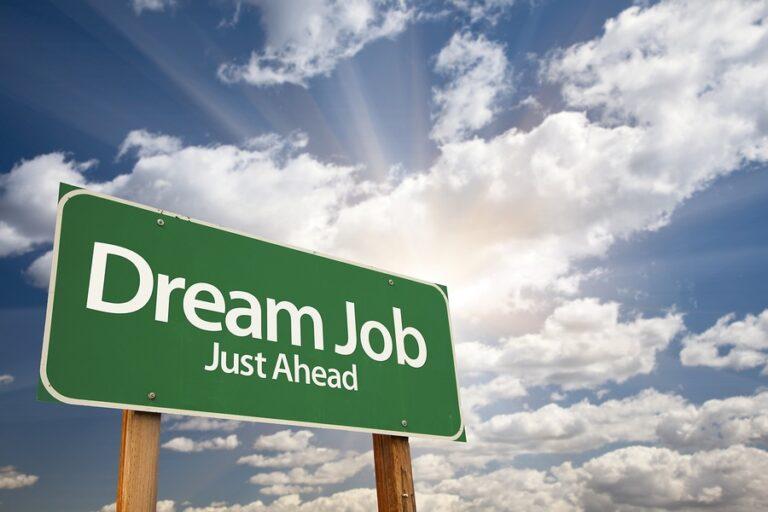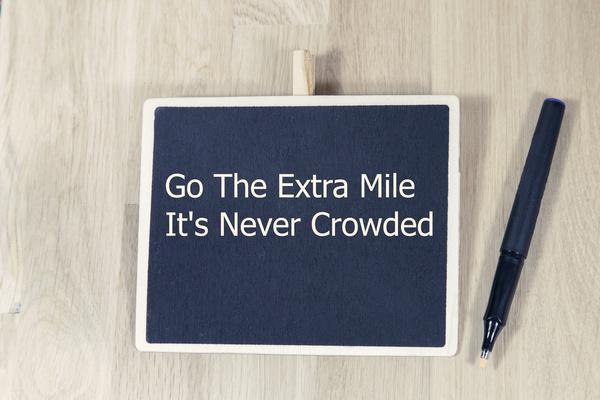The Second IT Interview: How to Stand Out
TLDR:
- The second IT interview is a chance to stand out from your (dwindling) competition by showing how not only your skills, but your work habits and values fit the position and the company culture.
- Be sure to project energy and enthusiasm, ask meaningful questions, and send thank-you notes or emails so they know you can observe the professional niceties of your future role.
The Do’s and Don’ts of a Second IT Interview
| Do | Don’t |
|---|---|
| More research and preparation | Become more casual in dress and readiness |
| Expect more personal or probing questions | Be caught off guard by compensation and travel questions |
| Keep good eye contact with multiple interviewers | Ignore the receptionist and others you meet; they can be good sources of info |
| Ask about next steps and who to contact for follow-up | Talk too much or ramble about non-related topics |
| Take notes right after interview to retain relevant information | Neglect thank you notes to everyone who interviewed you or coordinated |
Here are some ways you can stand out from the crowd.
Offer More
During the second interview, you should offer new information, new insights, new examples. Show definitively that you can do the job and give evidence of your skills in the form of anecdotes about projects you’ve done, problems you’ve resolved, and how your particular skills meet the specific needs of the position.
Show You’ve Done Your Research
Bring up relevant information about the company, the IT department you’d be working in, and even (professional, not personal) information about your interviewers. It’s likely they’ve searched online to learn as much as they can about you through LinkedIn and any other websites where your work appears. Note that you should do the same with them by looking through the company website and LinkedIn profile to determine the company culture.
Project Energy, Confidence and Enthusiasm
You may be meeting with department heads, potential IT colleagues, and others, in different shifts throughout the day. It’s important to maintain your energy, confidence and enthusiasm for the company and the potential work there throughout the day. It’s likely you’ll do this throughout a number of scenarios, including going to lunch with your potential boss, touring the company, or reviewing benefits with HR. A lot can happen on the second interview, and you’re being evaluated in each interaction.
Show Cultural Fit
Determining cultural fit is a large part of second interviews. You are being tested to see if you will fit in, and you need to show that you can. Do this in a genuine way, both for the company and for yourself. If the culture isn’t a fit you could find yourself in a job you aren’t happy with.
Be Personable With Everyone
You never know whose opinion the hiring team will ask, so make sure you are nice to all without being too chatty. This includes the receptionist and other employees – not just the interviewers.
Prepare Meaningful Questions
If you have nothing to say, you can give the impression you aren’t taking the process seriously, or don’t care much about the company. Show that you are interested by asking thoughtful and appropriate questions about the position, the company, and the industry. This can also be a good way to demonstrate your IT proficiencies by asking probing questions related to the tech stack at the company, or other aspects related to IT.
Standing out is the goal of the second interview.

Be Ready to Discuss Salary and Benefits
Salary and benefits are usually discussed in a second interview, as well as willingness to travel and relocate. Don’t be afraid to negotiate; they probably expect it and you may be low-balling yourself if you don’t. Be fair in your expectations because you want to get paid what you’re worth. However, you don’t want to ask for too much either. Try to research salary ranges for the position and at the company you’re interviewing with to strike a good balance that leaves both you and the company happy with your compensation.
Send Thank-you Notes or Emails to Everyone
You can say the same basic thing in all the notes, but just vary them a bit. If you include something personal to each interviewer, such as a specific question or conversation that stuck out, you’ll stand out as someone who really paid attention. Send these notes the same day, especially for snail mail, which will still take a few days to show up.
Prepare for Second Interview Questions
Here are some commonly-asked second interview questions. This is not a comprehensive list but includes the types of questions you are likely to be asked.
1. What interests you about this job and what skills and strengths can you bring to it?
This question may be a repeat from the first interview, but try to say something slightly different and be specific about your skills and strengths, now that you know more about the position.
2. Do you have anything to add or go over again from the first interview?
This is where you can clarify answers you gave in the first interview and add all the things you didn’t think of until after. You can also use this as an opportunity to go deeper into questions that were asked earlier in the day, or to ask for clarification on any aspect of the job or the hiring process.
3. Can you describe a typical day at your last job?
There could be a number of variations on this question to find out more about your previous or current job and get at considerations like work habits and routines. It is acceptable to talk about struggles you had if you can show how you improved or resolved them.
4. What is one professional accomplishment you are proud of?
This is a great opportunity to really sell yourself. Don’t be shy. Also be sure to give specifics, such as “I created a user interface that increased conversions to paid customers by X%, yielding $ in additional revenues”.
5. What is your biggest weakness OR What was your biggest difficulty/challenge on a job?
These types of questions are important because every job has challenges and the interviewer wants to get a feel for how you handle them. Don’t answer the weakness question by saying you “work too hard” or any other answer that is actually a strength in disguise. Also be sure to highlight the ways in which you are working on improving this area.
6. What kind of work environment do you prefer?
This is a cultural fit question, and the only thing you can really do is be honest.
7. If you get the job, what are your expectations of the first year?
These kinds of hypotheticals are common in a second interview, so have an answer ready that shows you are professional, hard-working, and forward-looking.
Second interviews rev up the intensity of the interview process, but preparation is the only way to excel and get the job offer you want or need. Knowing what to expect helps guide you through the process with the best chance of success.
As the saying goes, “Proper Preparation Prevents Poor Performance”. Use our tips to help create an advantage in your next second interview. GDH has helped so many excel in IT interviews, and we’re happy to help you as well. We’re invested in your success!
Looking to make your next big career move? We can help.








